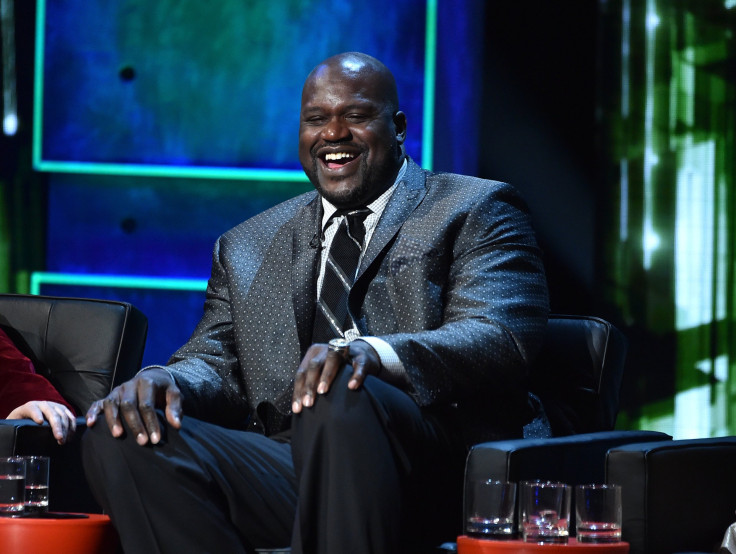Hubbard Broadcasting Buys 30 Percent Stake In PodcastOne

For the second time in less than two weeks, an old media player has bought a piece of a major podcast company.
Hubbard Radio, a Minnesota-based company that operates 30 radio stations in seven of the country's biggest markets, announced Monday it had acquired a 30 percent stake in PodcastOne, the leading podcast network, whose 200 shows deliver more than 400 million impressions every month. The two companies will work together on content development and cross promotion, as well as local, regional and national joint marketing and advertising.
“I view this as not only a great deal for both of our companies, but more importantly, for the radio industry as a whole,” PodcastOne founder Norm Pattiz said in a statement. “Embracing all forms of audio distribution, from broadcasting to streaming and on-demand is what will drive radio as a medium.”
The investment puts Hubbard in a position to expand a digital operation that already stands out in the world of terrestrial radio. The privately held company generated more than 8 percent of its annual revenue from digital sources, compared to an industry standard of 5 percent, according to a recent report from Moody’s.
It also resonates with Hubbard chair and CEO Ginny Morris’s strategy of building shows for specific, clearly defined audience segments. Under Morris’ watch, Hubbard was one of the first radio broadcasting companies in the country to launch a talk radio format aimed specifically at women.
Buying an interest in a company that produces and serves up audio programming on demand aligns well with the company’s plans. “To make great content available at the convenience of the consumer is a natural evolution and one that our industry is beginning to embrace,” Morris said in a statement. “It will provide additional options that expand our audience and build the value of our existing assets.”
On some level, the move also allows both Hubbard and PodcastOne to keep up with the Joneses. Other large terrestrial radio players, including iHeartMedia (formerly known as Clear Channel) and CBS Radio, have launched their own podcast offerings recently. Others, like Cumulus Media, have sought out partners (in Cumulus’ case, the streaming music service Rdio) to broaden the reach of their programming. Even streaming music services like Spotify and Deezer have made moves to add podcasts to their content offerings.
Most recently, E.W. Scripps announced 10 days ago it was buying Midroll, the podcast advertising network that’s home to shows like Marc Maron’s “WTF” and “StarTalk Radio With Neil Degrasse Tyson.”
“This is validation that there's this paradigm shift,” Pat Higbie, the founder and CEO of the advertising technology company XAPP Media, told International Business Times. “Mobile audio is where the consumers are going, and where marketers want to be.”
There is no shortage of numbers to illustrate that shift. According to Edison Research, Americans now listen to 21 million hours’ worth of podcasts every single day, and global Google searches for podcasts are up 32 percent from where they were last year, according to research published this month by Clammr.
But for all the progress podcasting has made as a medium, and for all the enthusiasm broadcasters have shown for it, there is still plenty of room for growth. “The industry is still in a demand-building phase,” PodcastOne CEO Norm Pattiz told International Business Times. “I think we've probably got ten times the revenue we did when we started, but we're still a very small piece of overall ad spending.”
Indeed, the overall amount of money pouring into podcasting or digital radio remains minuscule compared to the amounts poured into digital video, and the medium faces a number of hurdles when it comes to standardizing definitions and ad units.
Until those get resolved, moves like the one announced Monday are likely to continue. "The consolidation that's going on will help the market considerably," Higbie said. "The big advertisers want to advertise at scale, and they want to get to as many listeners as they can."
© Copyright IBTimes 2024. All rights reserved.





















